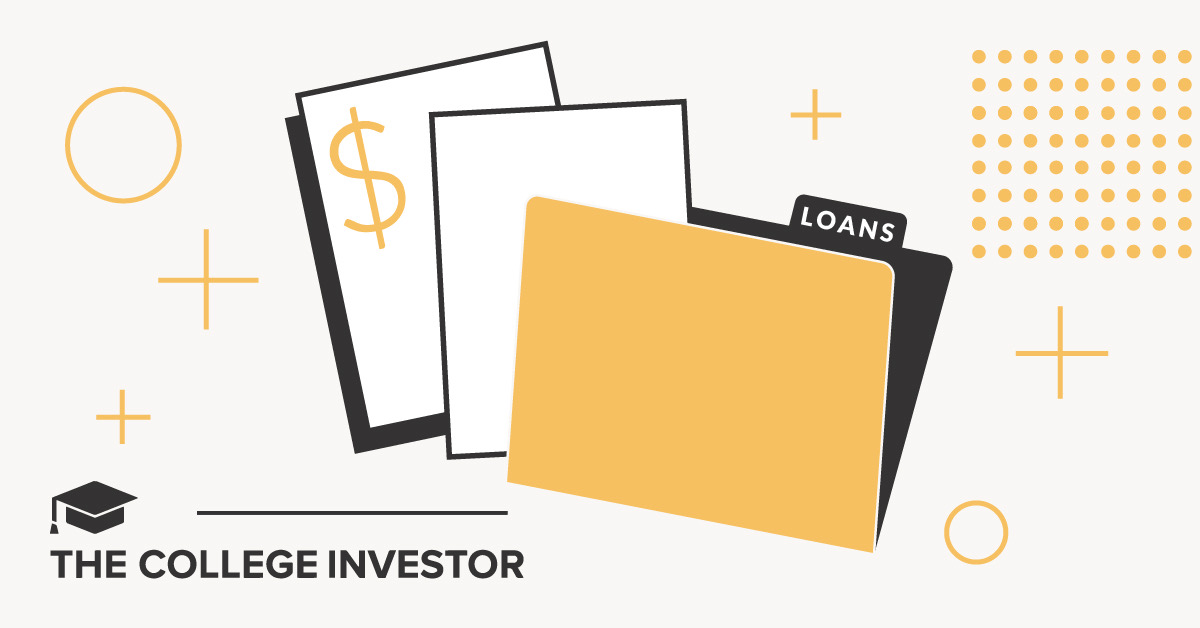
Federal Parent PLUS loans are not directly eligible for income-driven repayment plans. However, there are two loopholes involving consolidation of Parent PLUS loans that can make them eligible for income-contingent repayment or all income-driven repayment plans.
The second one, which is known as the student loan double-consolidation loophole, will end on July 1, 2025.
Eligibility for Income Contingent Repayment
If a Parent PLUS loan is included in a Federal Direct Consolidation Loan and the borrower entered repayment on or after July 1, 2006, the consolidation loan is eligible for the income-contingent repayment (ICR) plan. [34 CFR 685.208(a)(2)]
The Parent PLUS loan is not directly eligible for any income-driven repayment plan. The consolidation loan is also not eligible for any other income-driven repayment plan. [34 CFR 685.209(a)(1)(ii), 34 CFR 685.209(c)(1)(ii) and 34 CFR 685.221(a)(2)]
These regulations follow the statutory language in the Higher Education Act of 1965 [20 USC 1087e(d)(1)(D) and (E)], which specifies that the income-contingent repayment (ICR) plan is “not available to the borrower of a Federal Direct PLUS loan made on behalf of a dependent student” and the income-based repayment (IBR) plan is not “available to the borrower of a Federal Direct PLUS Loan made on behalf of a dependent student or a Federal Direct Consolidation Loan, if the proceeds of such loan were used to discharge the liability on such Federal Direct PLUS Loan or a [FFEL PLUS Loan] made on behalf of a dependent student.”
All income-driven repayment plans are based on the statutory authority for ICR or IBR.
How Double Consolidation Works
If a borrower consolidates a consolidation loan that repaid a Parent PLUS Loan, sometimes the income-driven repayment plans will be available to the new consolidation loan because the loan servicer is not aware that the consolidation loan originally came from a Parent PLUS Loan. The original type of loan gets lost when the loans are consolidated for the second time.
The U.S. Department of Education has maintained that this double-consolidation is not eligible for an income-driven repayment plan, as it is contrary to the intent of Congress. However, they have been unable to enforce their interpretation of the law and regulations because of inadequate tracking of the original type of the loans that were consolidated.
Double consolidation is a multi-step process.
- The borrower must consolidate their Parent PLUS loans with two different servicers. To do this, they must submit paper consolidation loan applications. (If they consolidate online, the two consolidation loans will be merged.)
- Two consolidation loans are necessary to enable the borrower to later consolidate the consolidation loans together.
- The borrower should include a request for the income-contingent repayment plan with these consolidation loan applications to prevent the consolidation loan applications from being rejected because of a failure to specify a repayment plan.
- The borrower must wait for confirmation that the consolidation loans are complete before consolidating again. This typically takes 30-45 days.
- The borrower must consolidate the two consolidation loans with a third servicer. This consolidation can be done online at StudentAid.gov. One must use a new servicer because the other two servicers are aware that the borrower consolidated Parent PLUS loans. The new consolidation loan will then have lost the tag showing the origin of the consolidation loan as including a Parent PLUS Loan.
- Normally, one would have to wait 180 days before consolidating a consolidation loan, as otherwise the loans would be merged into one of the existing consolidation loans. Using a third servicer bypasses this limitation.
The End of the Student Loan Double-Consolidation Loophole
The new income-driven repayment plan regulations, which were published in the Federal Register on July 10, 2023, eliminate the double-consolidation loophole effective July 1, 2025.
In particular, the U.S. Department of Education specifies on page 43836 of volume 88, number 130 of the Federal Register:
"The Department is taking some additional steps in this final rule to affirm our position about the treatment of parent PLUS loans or Direct consolidation loans that repaid a parent PLUS loan being only eligible for the ICR plan. In the past, limitations in Department data may have enabled a parent PLUS loan that was consolidated and then re-consolidated to enroll in any IDR plan, despite the Department’s position that such loans are only eligible for the ICR plan.
The Department will not adopt this clarification for borrowers in this situation currently on an IDR plan because we do not think it would be appropriate to take such a benefit away. At the same time, the Department is aware that a number of borrowers have consolidated or are in the process of consolidating in response to recent administrative actions, including the limited PSLF waiver and the one-time payment count adjustment.
Because some of these borrowers may be including parent PLUS loans in those consolidations without understanding that they would need to exclude that loan type to avoid complicating their future IDR eligibility, we will be applying this clarification for any Direct Consolidation loan made on or after July 1, 2025.”
"Changes: We added § 685.209(c)(5)(iii) to provide that a Direct Consolidation loan made on or after July 1, 2025, that repaid a parent PLUS loan or repaid a consolidation loan that at any point paid off a parent PLUS loan is not eligible for any IDR plan except ICR."
Practical Tips
There is sufficient time for current Parent PLUS Loan borrowers who are in repayment to take advantage of the double-consolidation loophole before it is eliminated.
As of March 31, 2023, as many as a total of $111.7 billion in Parent PLUS loans to 3.7 million borrowers may potentially be able to use the double-consolidation loophole.
If a borrower of a Parent PLUS Loan uses the double-consolidation loophole to switch into the REPAYE plan, they will automatically be switched into the SAVE plan when it becomes available.
Parent PLUS Loans and Federal Direct Consolidation Loans that include Parent PLUS Loans are eligible for Public Service Loan Forgiveness.

Mark Kantrowitz is an expert on student financial aid, scholarships, 529 plans, and student loans. He has been quoted in more than 10,000 newspaper and magazine articles about college admissions and financial aid. Mark has written for the New York Times, Wall Street Journal, Washington Post, Reuters, USA Today, MarketWatch, Money Magazine, Forbes, Newsweek, and Time. You can find his work on Student Aid Policy here.
Mark is the author of five bestselling books about scholarships and financial aid and holds seven patents. Mark serves on the editorial board of the Journal of Student Financial Aid, the editorial advisory board of Bottom Line/Personal, and is a member of the board of trustees of the Center for Excellence in Education. He previously served as a member of the board of directors of the National Scholarship Providers Association. Mark has two Bachelor’s degrees in mathematics and philosophy from the Massachusetts Institute of Technology (MIT) and a Master’s degree in computer science from Carnegie Mellon University (CMU).
Editor: Colin Graves Reviewed by: Robert Farrington